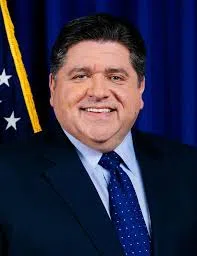Illinois Governor J.B. Pritzker has announced plans to run for a third term in 2026—a move that wouldn’t be possible in 37 other states with gubernatorial term limits. Illinois is among just 13 states that impose no such restrictions, allowing governors to seek reelection indefinitely.
If successful, Pritzker would become the first three-term Democratic governor in Illinois history. Only two Illinois governors—Republicans Jim Thompson and Richard Oglesby—have ever achieved three terms in office.
Supporters of term limits argue that the absence of restrictions leaves Illinois vulnerable to entrenched power and influence from special interests. They contend that limits encourage fresh leadership, prevent elected offices from becoming lifelong careers, and help restore public trust by making clear these roles are meant to be temporary.
Public opinion appears to back this stance: in 2014, nearly 600,000 Illinoisans signed a petition to place a term limits referendum on the ballot, though it was ultimately blocked by the courts.
If Pritzker wins again in 2026, he could serve a total of 12 consecutive years—an outcome made possible only by Illinois’ lack of gubernatorial term limits. Yet some political observers note that Pritzker’s past interest in national office, including a rumored presidential bid in 2018, could ultimately shape how long he remains in the governor’s mansion.

Comments